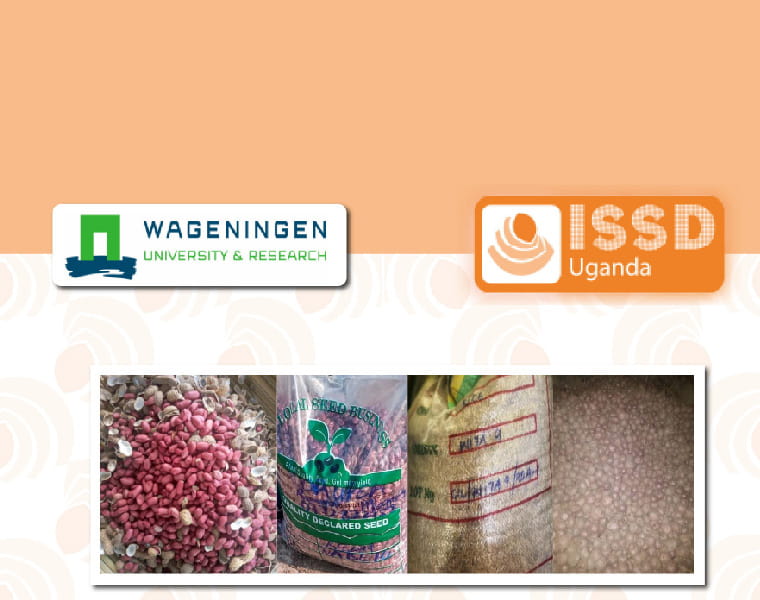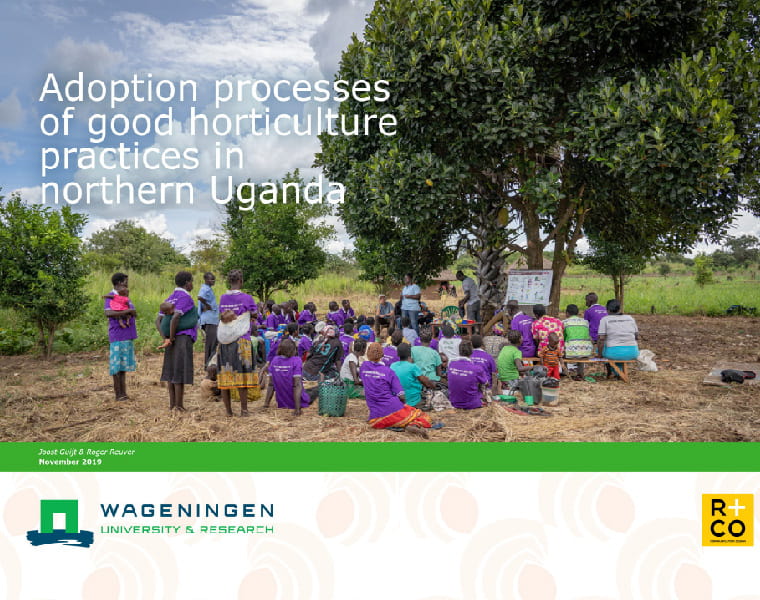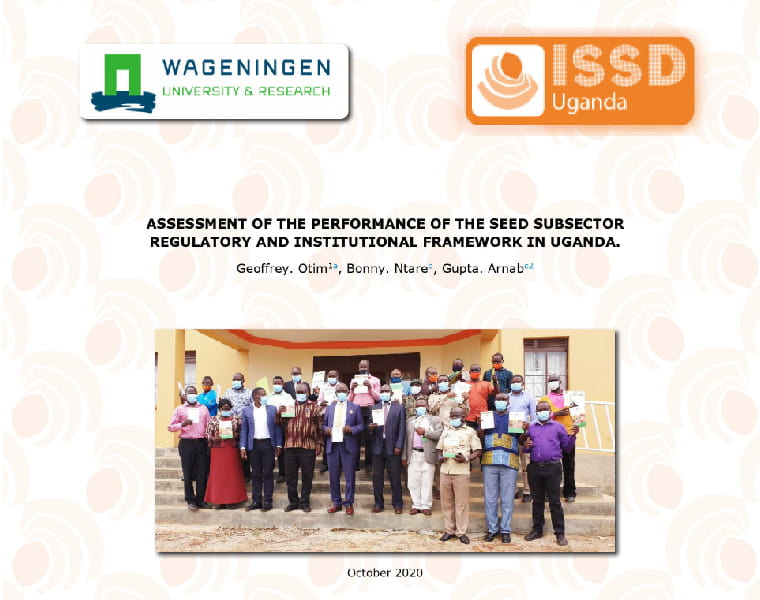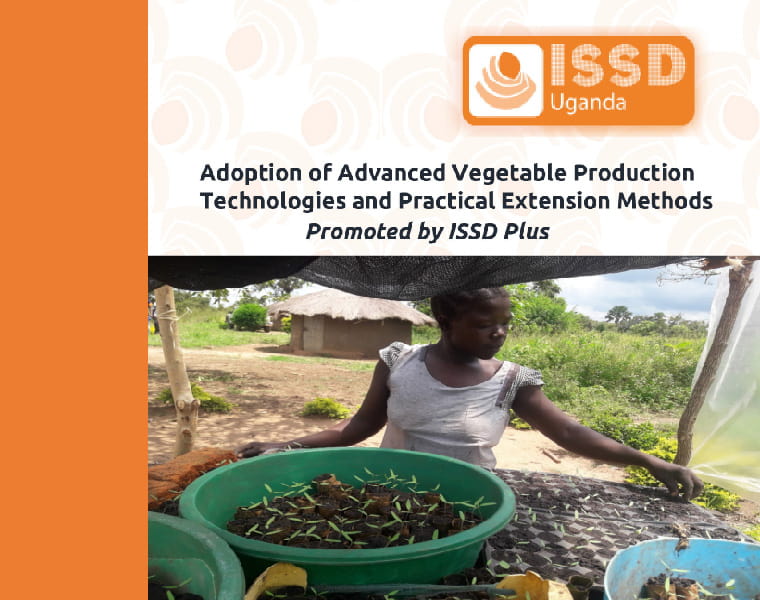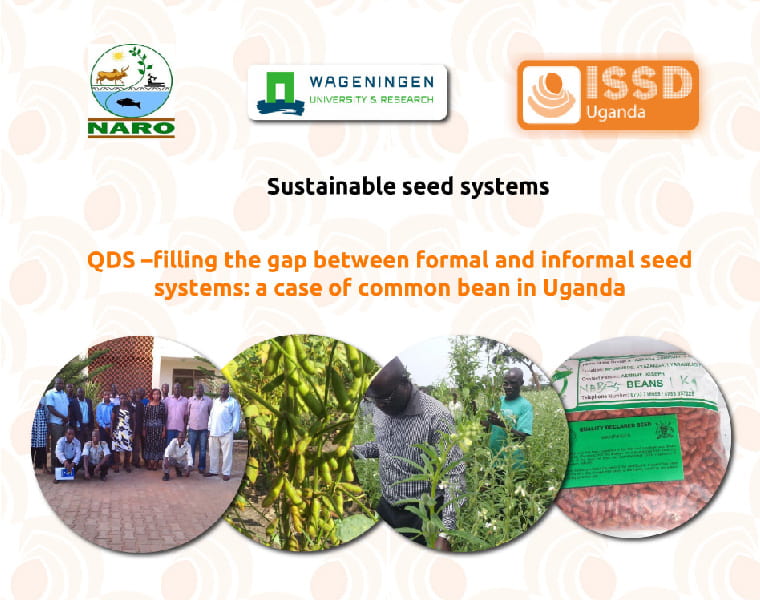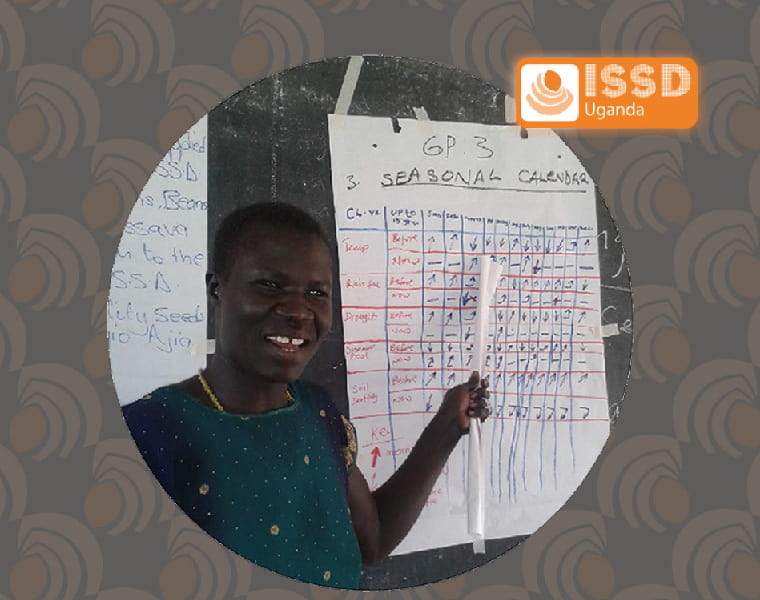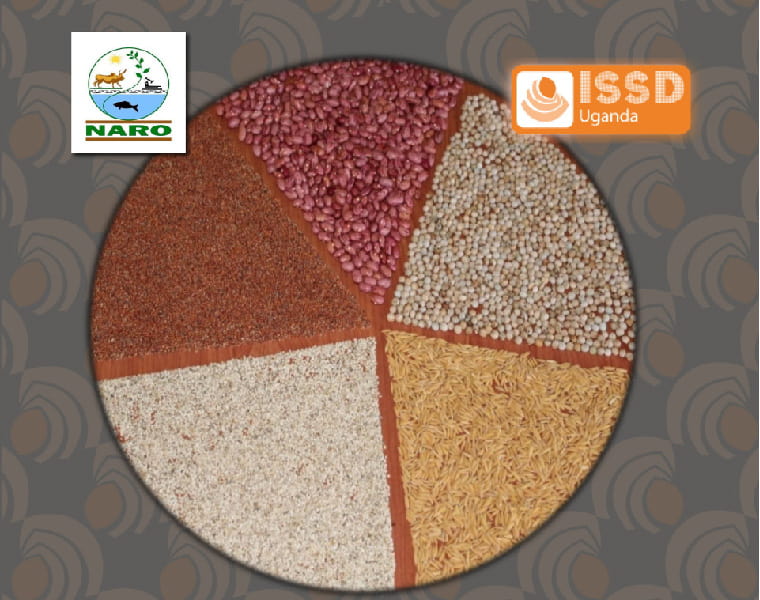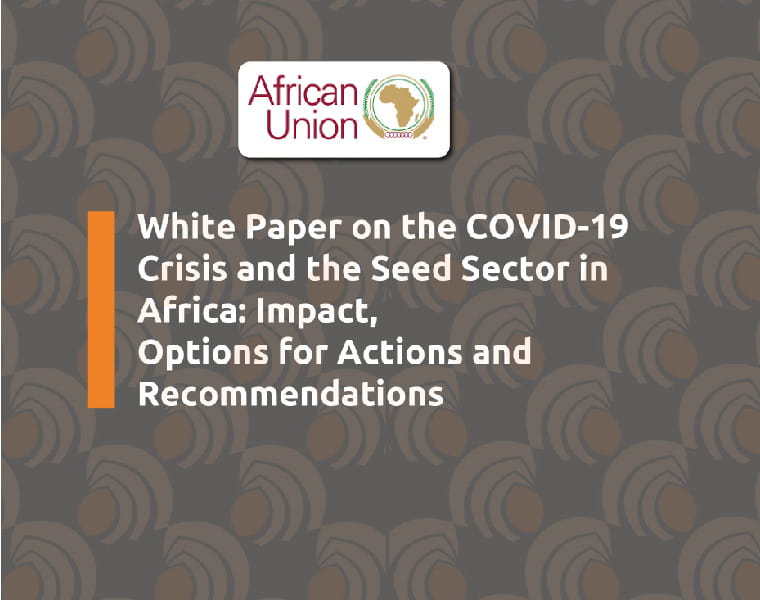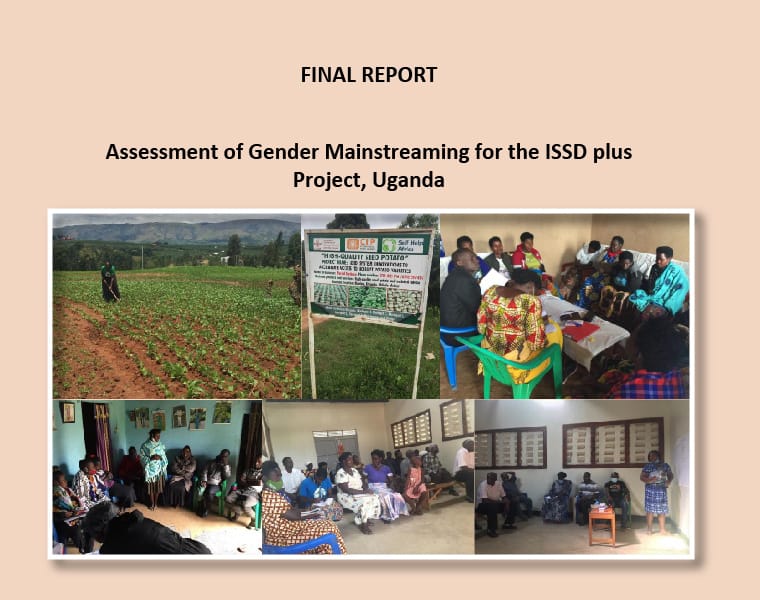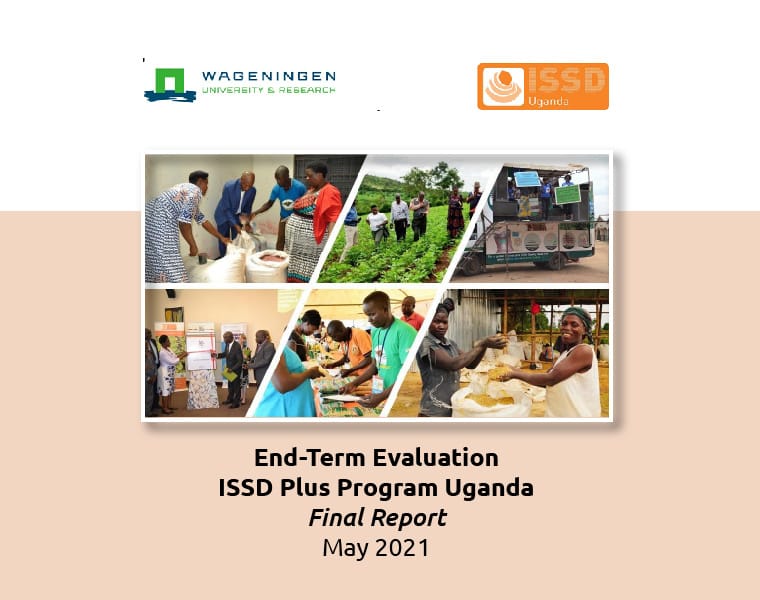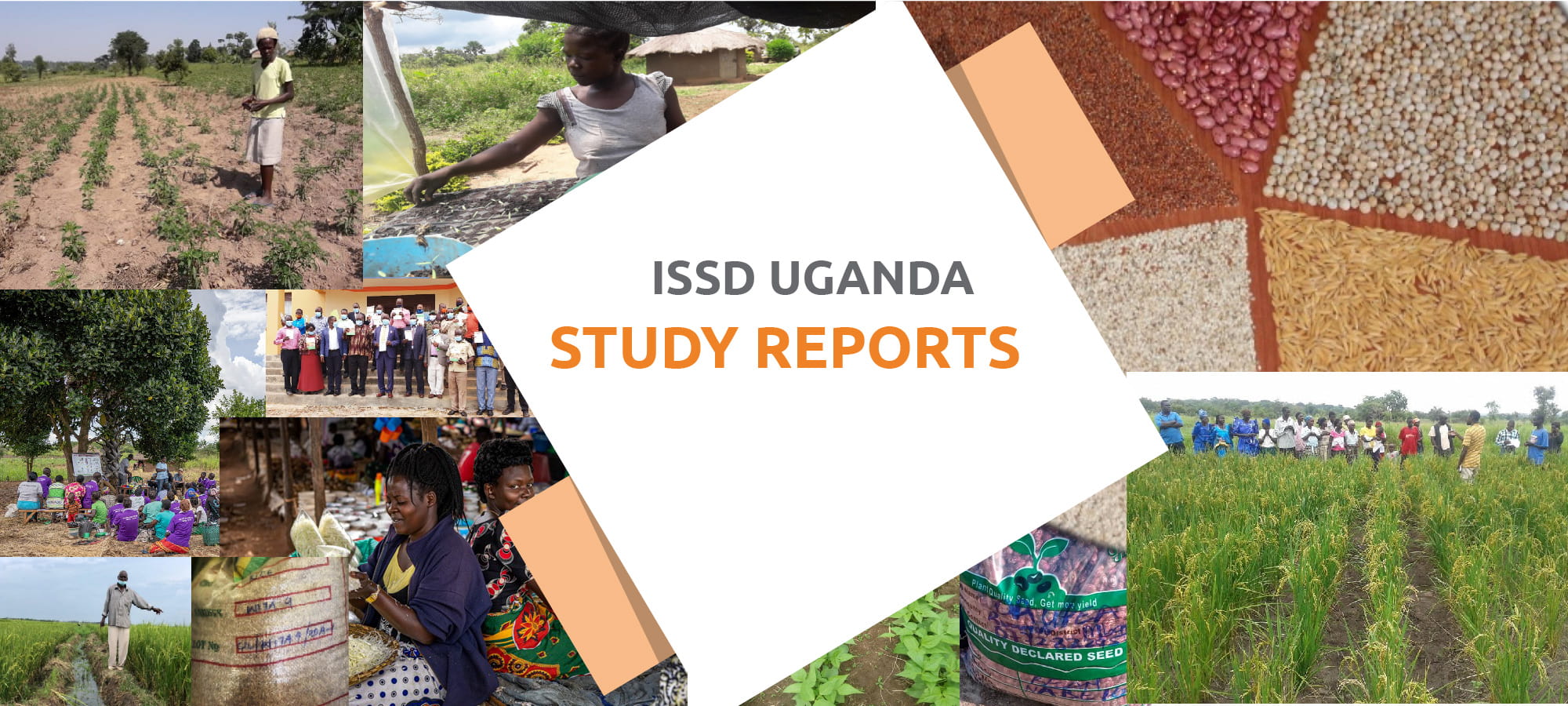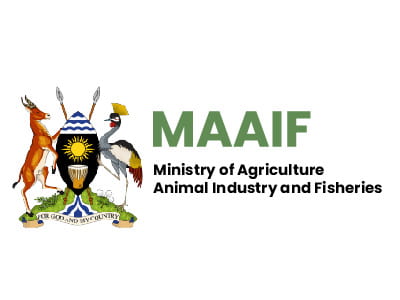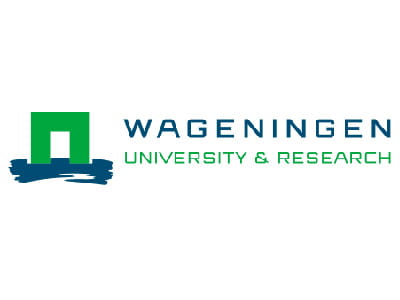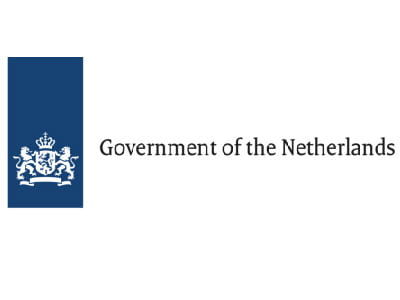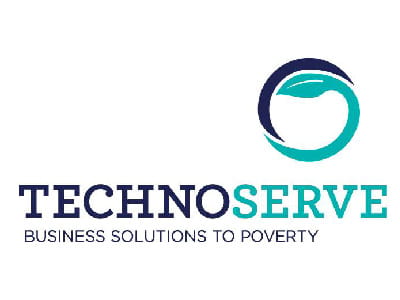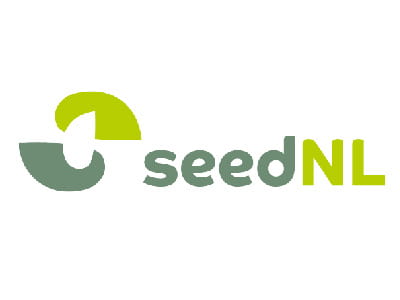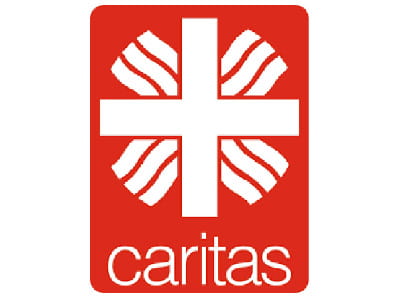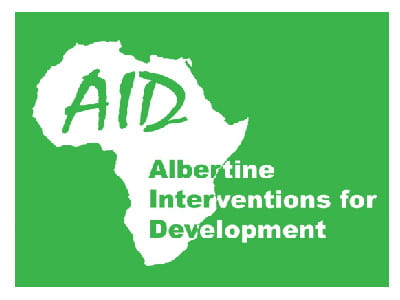Maize is an important crop grown in most parts of the Uganda for food, feed and income (Asea. et al,
2014). Given climate risk to agricultural seasons, drought tolerant maize varieties can play an important
role in maintaining production and protecting livelihoods. Potential barriers for uptake of advanced seed
technology could be that farmers lack information to assess benefits of drought tolerant maize, or
because of liquidity constraints, or downside risk. Recent empirical literature argues that downside risk,
for example risk of substantial income loss associated with weather shocks, may deter farmers to invest
in production enhancing technology such a certified seed (Emerick et al., 2016). This despite the fact
that the seed has a much higher yield potential and is often more drought tolerant than the varieties
traditionally grown by farmers (CCAFS, 2019). Farmers rely mostly on home-saved seed and low
quality products from local markets.
Research shows that Drought Tolerant Maize (DTM) varieties provide higher and stable yields under
dry spells, and provide a risk management strategy in absence of institutional insurance mechanisms
(Asfaw et al., 2012; Kostandini et al., 2015; Wossen et al., 2017). Yet despite these benefits’ adoption
remains persistently low (Fisher et al., 2015). The literature describes the main barriers to adoption as
either related to downside risk, incomplete markets and credit constraints, or related to access,
awareness, availability and affordability of DTM (Simtowe et al., 2019).
When asking smallholder farmers in Uganda Farmers they perceive (hybrid) maize seed as not
affordable. The literature on expanding access to agricultural inputs in Africa and serving bottom of the
pyramid consumers consider affordability as a liquidity constraint; the ability to pay for products,
without being further defined. Proposed solutions to the affordability constraints tend to focus on
offering inputs in smaller packages and/or to improve access to credit. (Axmann et al., 2019; Fisher et
al., 2015). Therefore, the research team is interested in understanding the concept of affordability from
the demand perspective and as a barrier to adoption of DTM varieties.
The Integrated Seed Sector Development (ISSD) under Wageningen UR Uganda Limited in
collaboration with Wageningen University and Research, Development Economics, The Netherlands,
intend to conduct a study on Affordability of hybrid Drought Tolerant Maize seed: under a project entitled: Promoting Climate Resilient Maize Varieties in Uganda (PROMO)
To enhance the understanding of why farmers are not buying quality seed, but mainly use home-saved
seed and re-plant grain from the local market, Promoting Climate Resilient Maize Varieties in Uganda
(PROMO) project intends to conduct a research study on Affordability and Willingness to pay for hybrid Drought Tolerant Maize seed: Anchoring and learning and economic barriers to adoption of hybrid drought tolerant maize seed and other agricultural inputs. The research team under ISSD Uganda invited participants to an online webinar with the major objective of seeking their
contributions on perceptions of affordability and anchoring of willingness to pay for DTM seed on
grain. This webinar is a follow-on webinar from the earlier one held in May 2021 on adoption of drought
tolerant maize varieties in Uganda.
To request for this publication write to email: info@issduganda.org
